In a few days, the French teams will defend the blue-white-red flag, at the world padel which takes place in Paraguay. The opportunity, for this new investigation of the “Swiss Army Knife”, to share with you the secrets of the best French and French.
How do they train? How many times per day or per month? How old are they ? Can they live on padel ? Are they sponsored?
We retrieved all the information from the players. Thanks to them.
The best are younger and younger
First observation, the best are increasingly younger (if we compare to before 2015):
- 25% have less than 26 years
- 30% have between 26 and 30 years
- and if we take the 19-35 year olds, they are 90% in all.
Regarding the top 10 men and women (rankings padel September 2018):
70% are less than 36 years old and 20% are less than 26 years old.
Players train every week
Among all this beautiful world, half of them are training with a coach taking either group lessons, private lessons, or both.
All expatriates in Spain train daily of course. As for the others it varies.
Some train 2-3 times / week, others approach big deadlines only or when they are in the same place as their favorite coach.
In the top 10 women and men, 70% of the players train more or less regularly during the week, but they train and adapt their training according to the calendar. For example, recently with the French championships of padel and the coming world, players tend to increase the dose of padel per week which is quite normal!
Diagonal training
It is interesting to compare those which make diagonals. By "diag" is meant when a player plays with another on a diagonal to rehearse technical or tactical things. They are 60% to have told me that they do it. Of course, the vast majority of the top 10 lead.
For physical training, they answered 53% in the affirmative (16 players on 30). Once again, for those who bet on going to Spain it's 100% ... no secret. Although some try to compete by moving regularly or building their home or doing work to keep fit.
On the other hand, apart from episodic for 3 players, none is followed by a mental coach ... a field too little developed, in my opinion.
The number of parties per week
Still on the game, I asked the best about the number of games they played each week.
0 to 2, 3 to 4 or + 4 / week?
- 50% between 0 and 2 parts
Some answers surprised me. They are 50% to do between 0 and 2 games per week! The "Spaniards" play few games for 75% of them. Why ? They already do a lot of tactics during training and very often have tournaments to test themselves on weekends ...
- Only 13% make more than 4 parts / week.
To summarize and schematize, those who already train several times a week do fewer games than others. But some, neither train nor play! Talent, what do you want!
All these practices, this time spent traveling, tournaments away from home, takes a lot of time in the year. On average, the players questioned participate in 16 tournaments / year, while among men this figure rises to more 20.
Are they sponsored?
But all this takes time, costs money ... are they all pensioners or do they make a living from padel ?
60% work (including ¾ in sports). The others are either students (yes, it's true, it's work too ...), or in retraining, or in Spain to break into the padel, or retired… no, just kidding.
The top 10 players, with one exception, are fully equipped, free of charge by their respective sponsors: outfits, shoes, racquets and bags. When we expand to 30 players, it's 93% who do not need to buy anything for their year padel. Not all receive the same amount of prize money, but generally the minimum is there to allow players to cover a year.
NB: this represents a priori a minimum of 1000 € of equipment.
The fact of not paying for his equipment, does not exclude the fact that it is necessary to lodge, pay for his training or parties, eat, move ...
More 1 player on 2 receives money from sponsors and / or patrons. But beware, there are still great disparities between players. Some are just paid on certain trips or tournaments, others receive bonuses in the ranking or results, others still live - in part - commissions received during professional projects, finally, some receive an annual envelope ... all of which can be cumulated sometimes .
Life around the padel
What about the privacy of the players? More than half of them are married or “officially in a relationship” as we say. It is interesting to note that regularly the wives of the players travel with them on tournaments; while few women are accompanied by their half ... a sociological study is underway, rest assured.
Only 20% of respondents have one or more children. I hope the company does not rely on the middle of padel to populate France!
Do all players come from tennis? If yes, which level?
If we add the fact that almost 100% of padel were 2rd series in tennis (and for some taught it); and that the ¾ have been numbered or negative, we can understand all the personal and financial investment, imagine the hours spent on a court of padel or tennis to train to be one of the best players in padel in France… a lot of family, professional and personal “sacrifices” (let us remember that we are not obliged to… anything).
But it evolves
We are witnessing a few clubs - precursors - (which have bet on padel years ago), with the arrival of a new generation of players who are starting the padel without systematically going through tennis.
But what about their training, their learning? What about their championships or tournament circuits being reserved for them? What about their ranking?
This will be the subject of a new investigation by the Swiss Army Knife, soon ... Count on me!
Line Meites is one of the best French players in padel. It's the voice of your live on Padel Magazine. But not only, she also hosts the column “Investigations of the Swiss Army Knife”. Every month, she will come back to a controversy or a theme that is close to her heart.
































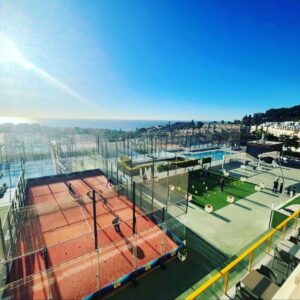




































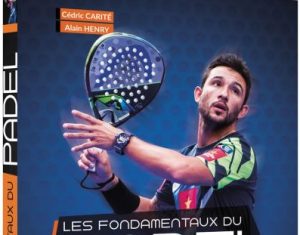






























 Where to see Premier Padel en 2024 ?
Where to see Premier Padel en 2024 ? Mauritius: an island of padel
Mauritius: an island of padel Premier Padel Brussels P2 – Already a title for Chingalan, at the end of a masterful final
Premier Padel Brussels P2 – Already a title for Chingalan, at the end of a masterful final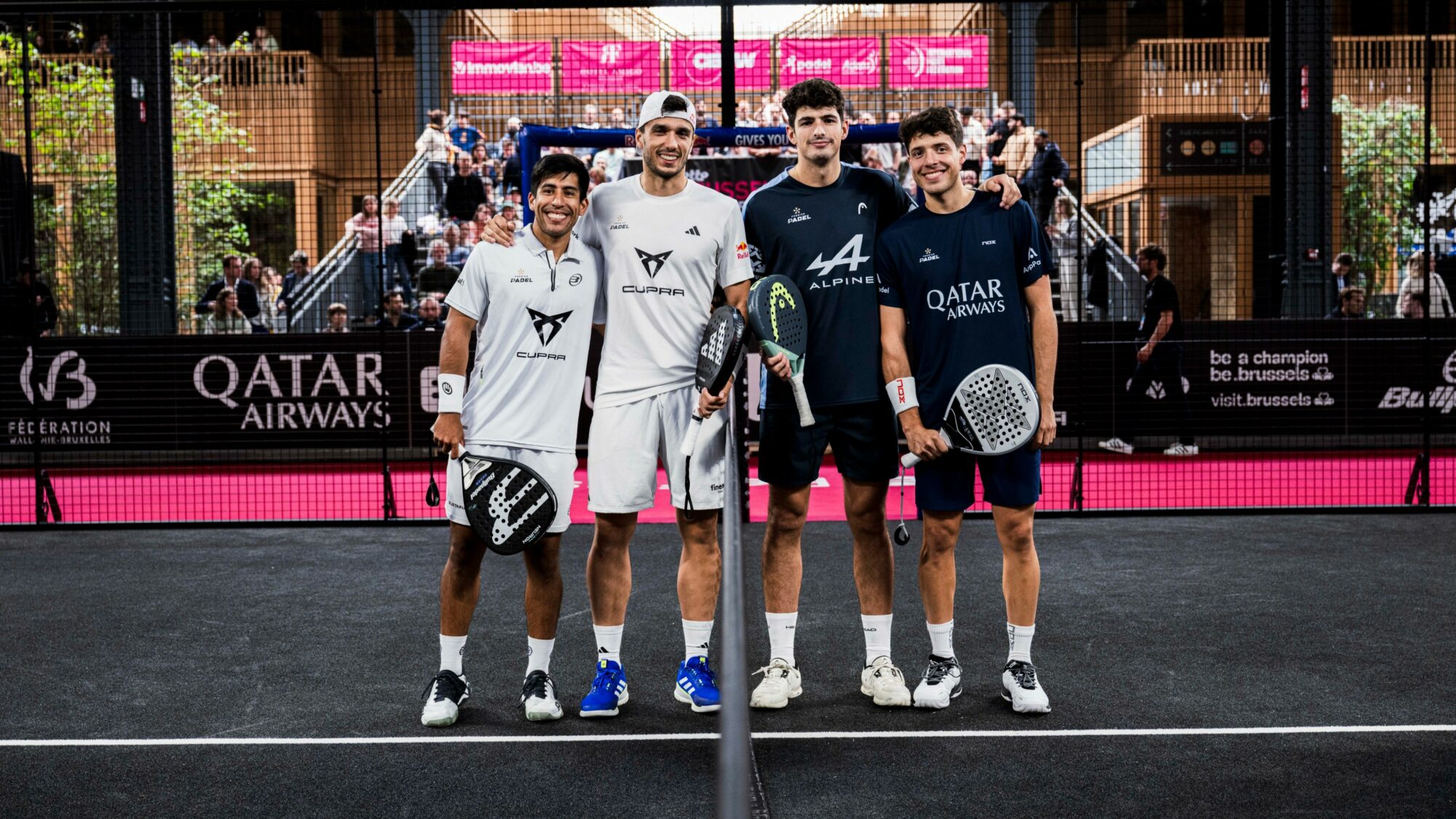 Premier Padel Brussels P2 – A 2.0 version of the final in Chile?
Premier Padel Brussels P2 – A 2.0 version of the final in Chile? Guillaume Codron de Sud Padel : “A family project”
Guillaume Codron de Sud Padel : “A family project” Nallé Grinda: “Democratize the padel in the USA with PadelX "
Nallé Grinda: “Democratize the padel in the USA with PadelX "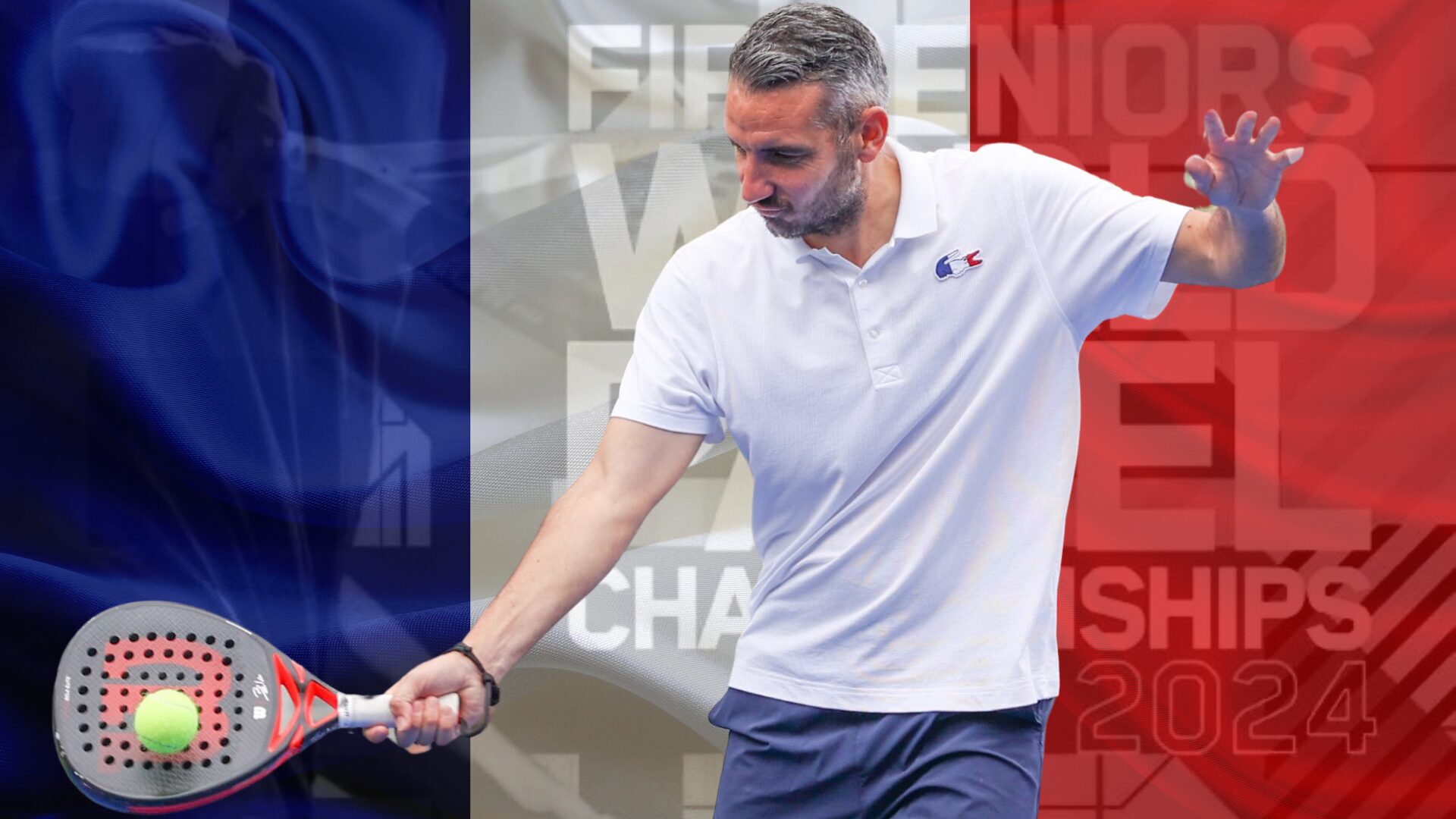 Simon Boissé: “We know that there are two nations in front of us”
Simon Boissé: “We know that there are two nations in front of us”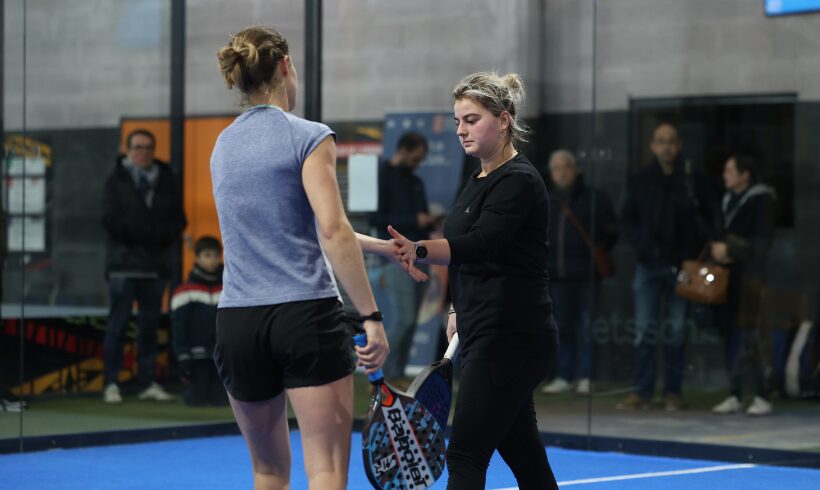 Marie Maligo: “This period of frequent changes of partners was beneficial for me”
Marie Maligo: “This period of frequent changes of partners was beneficial for me” P1000 PadelShot Saint-Étienne – Watch the Hugounenq/Vincent – Seux/Courrin semi-final live
P1000 PadelShot Saint-Étienne – Watch the Hugounenq/Vincent – Seux/Courrin semi-final live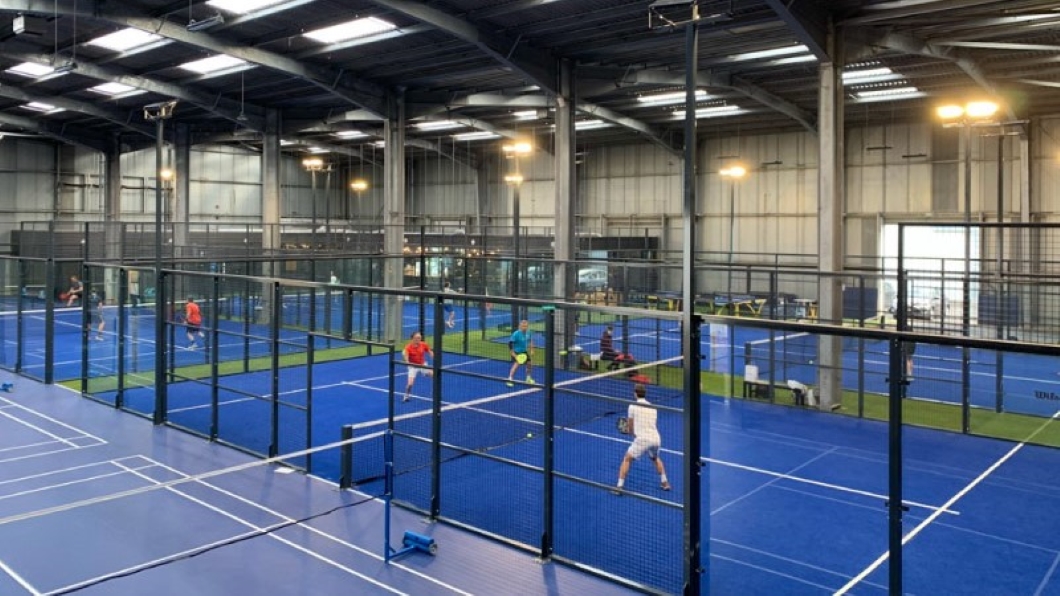 P1000 PadelShot Saint-Étienne – Follow the surprise poster Vincent/Hugounenq – Couturier/Benmergui live
P1000 PadelShot Saint-Étienne – Follow the surprise poster Vincent/Hugounenq – Couturier/Benmergui live The All Star Tour returns on May 16 at the All In in Lyon
The All Star Tour returns on May 16 at the All In in Lyon D-7 of the “BetClic Remontada Padel”, at the foot of the Eiffel Tower
D-7 of the “BetClic Remontada Padel”, at the foot of the Eiffel Tower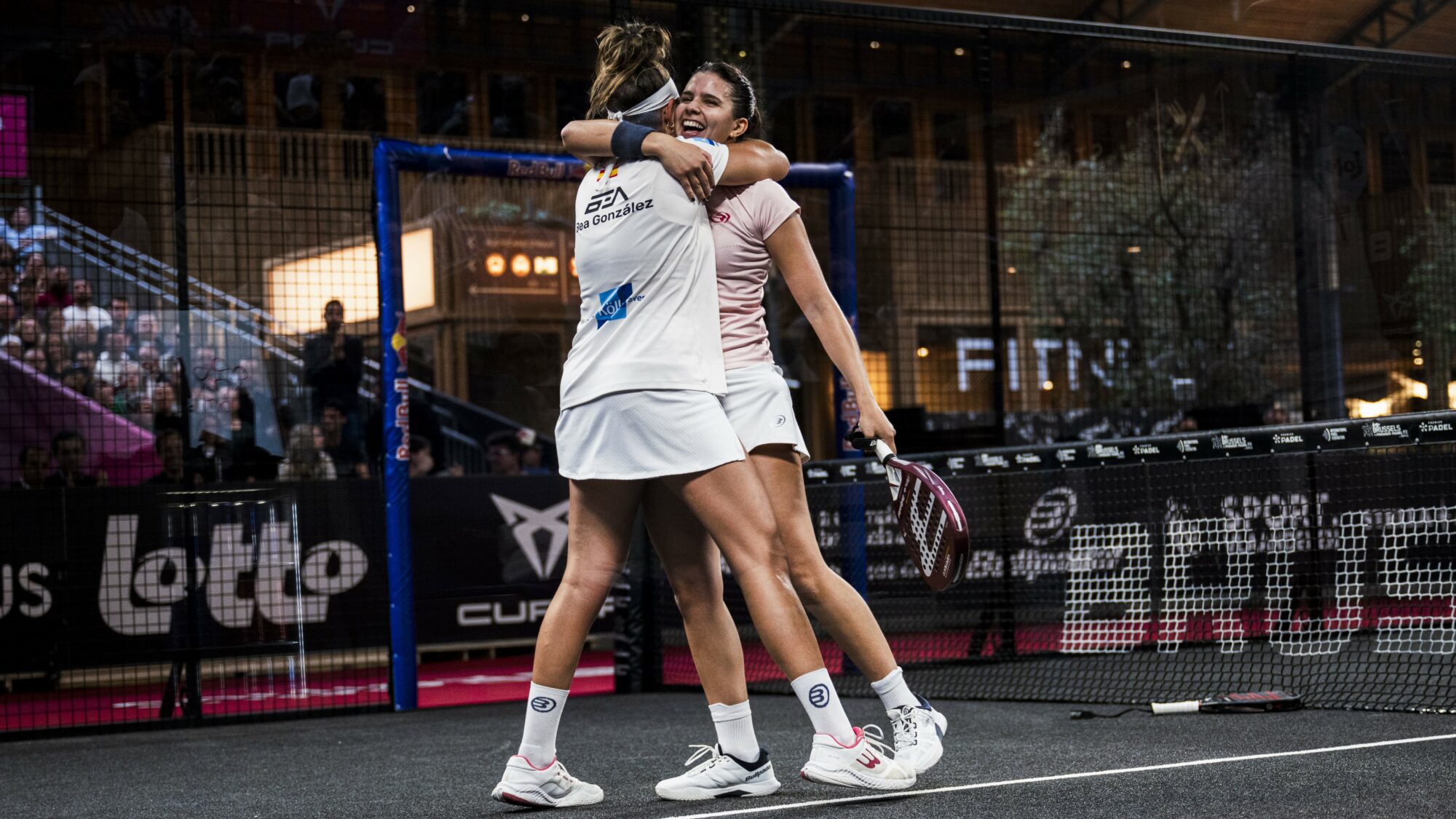 Premier Padel Brussels P2 – Brea/Gonzalez, a tenth title together!
Premier Padel Brussels P2 – Brea/Gonzalez, a tenth title together!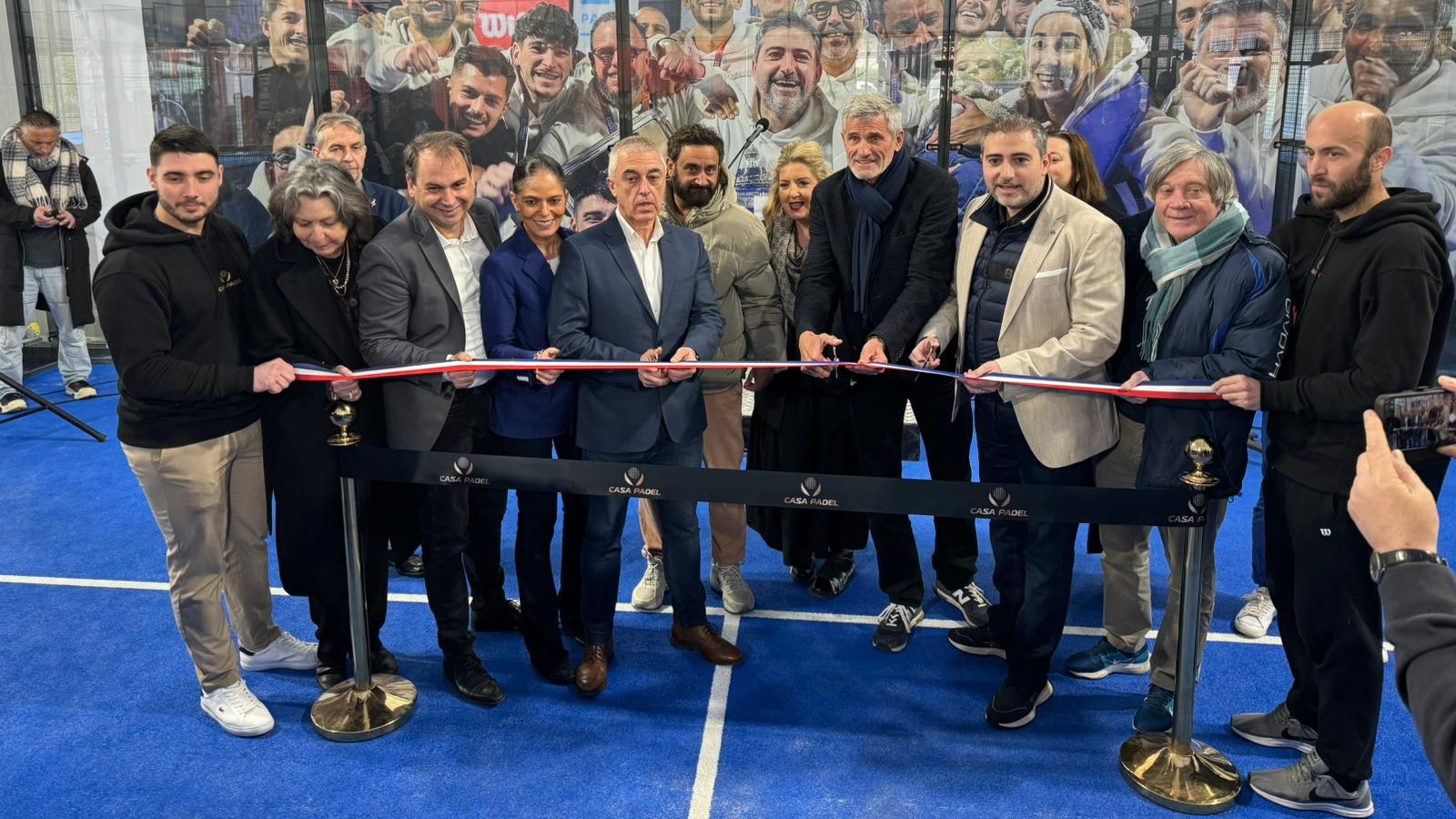 José Manuel Escin at the inauguration of Casa Padel DOS: “Finally, and thank you!”
José Manuel Escin at the inauguration of Casa Padel DOS: “Finally, and thank you!” Padel Score comes to Tahiti for American Express Padel Cup!
Padel Score comes to Tahiti for American Express Padel Cup!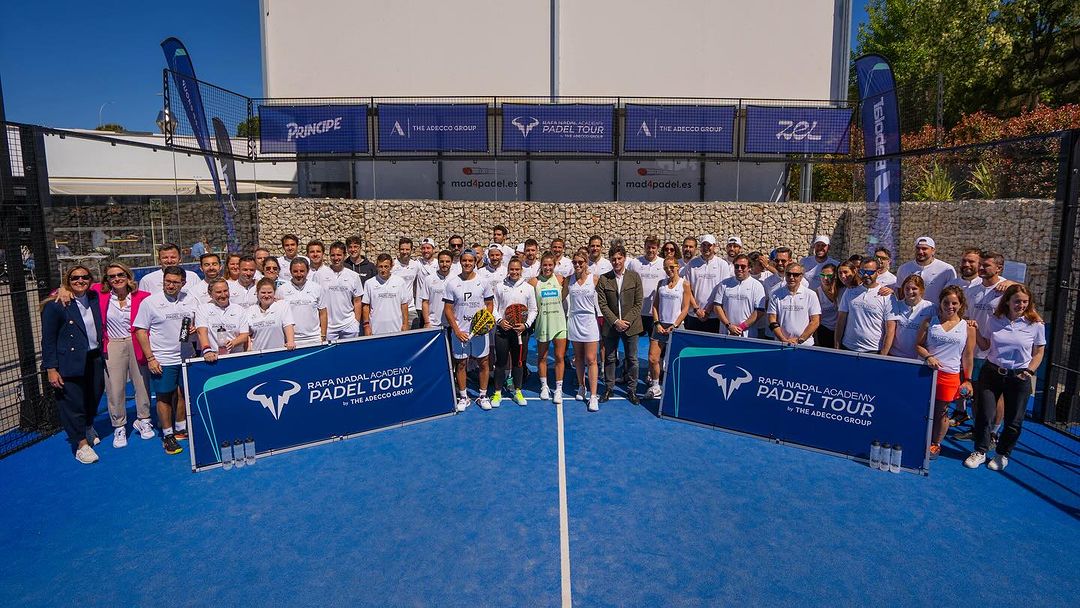 Do you know the Rafa Nadal Academy Tour?
Do you know the Rafa Nadal Academy Tour? Play at padel on his yacht? Possible for €233.000!
Play at padel on his yacht? Possible for €233.000!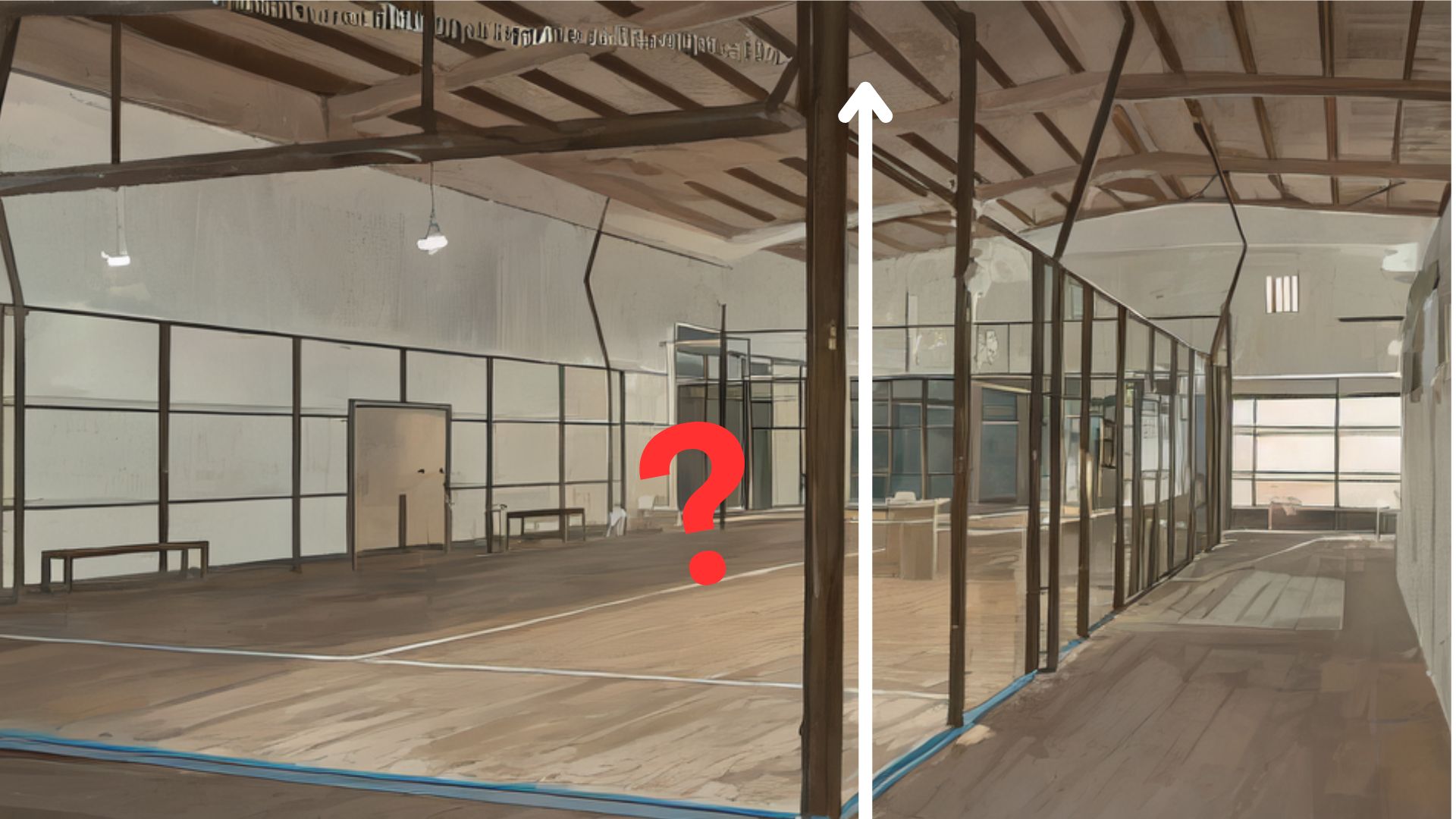 Find out everything about the dimensions of a plot of land padel
Find out everything about the dimensions of a plot of land padel Presentation of the Wilson Bela V2.5 collection
Presentation of the Wilson Bela V2.5 collection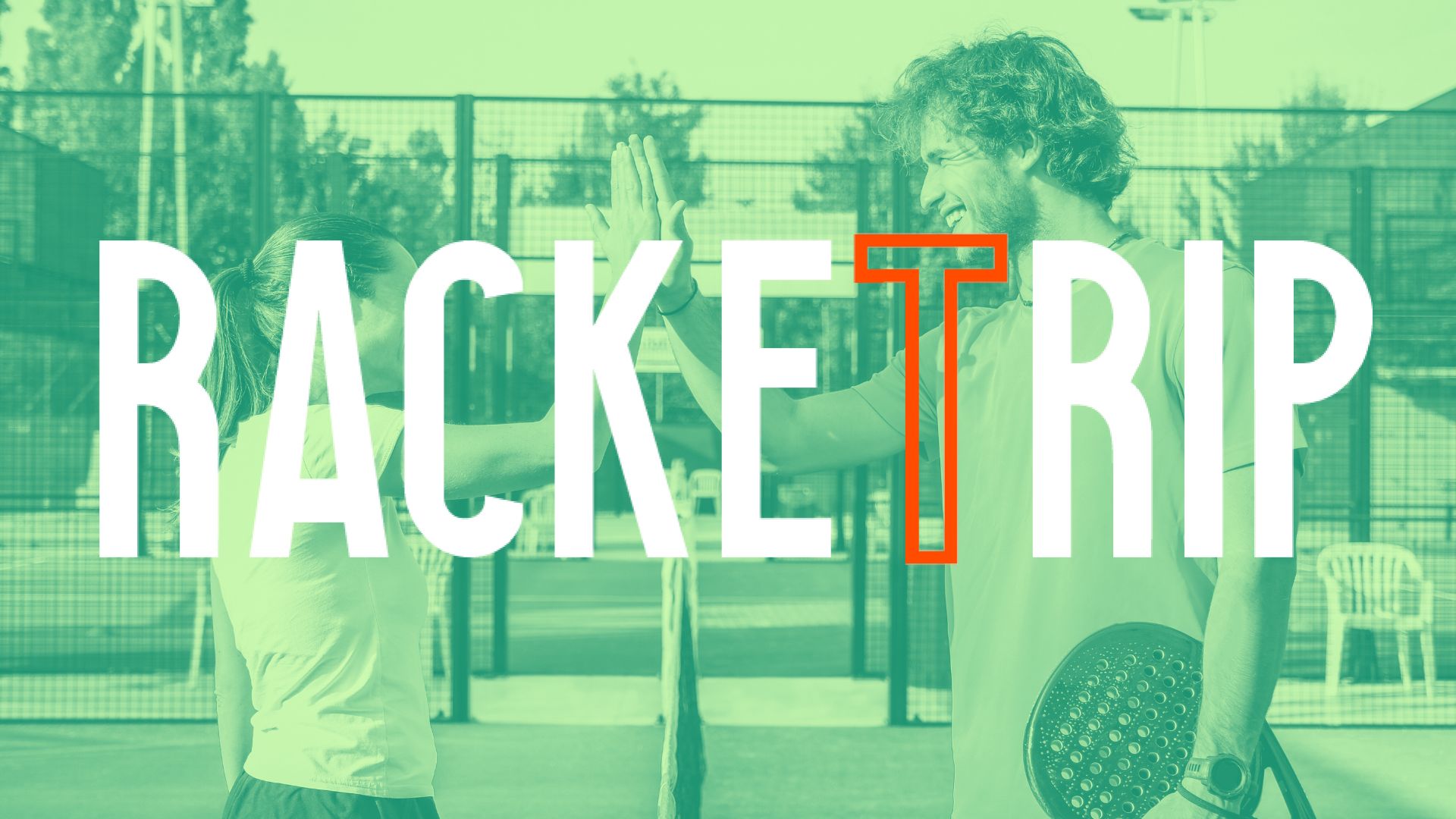 The LinkedIn of racquet sports: Racket Trip
The LinkedIn of racquet sports: Racket Trip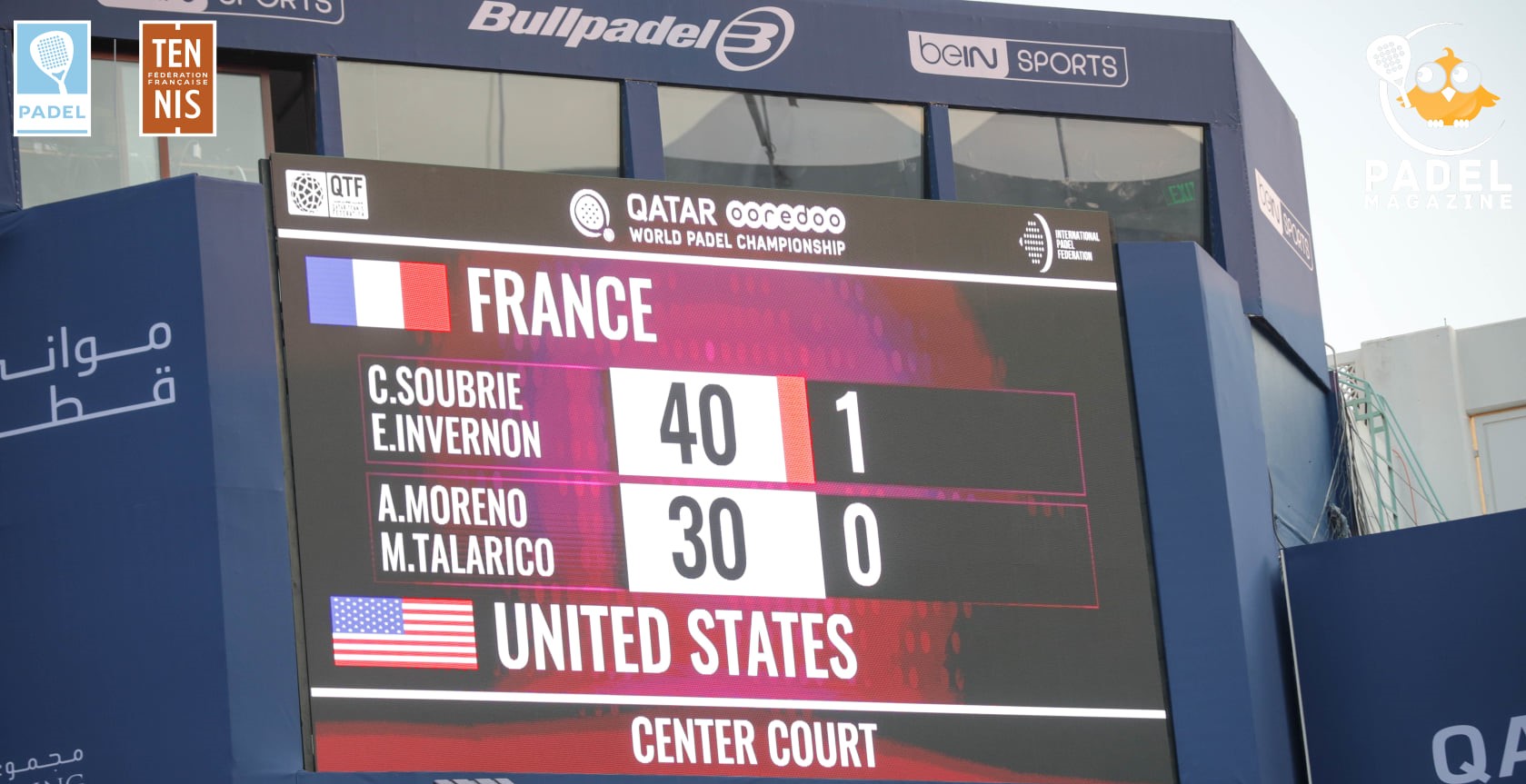 The score at padel : manual
The score at padel : manual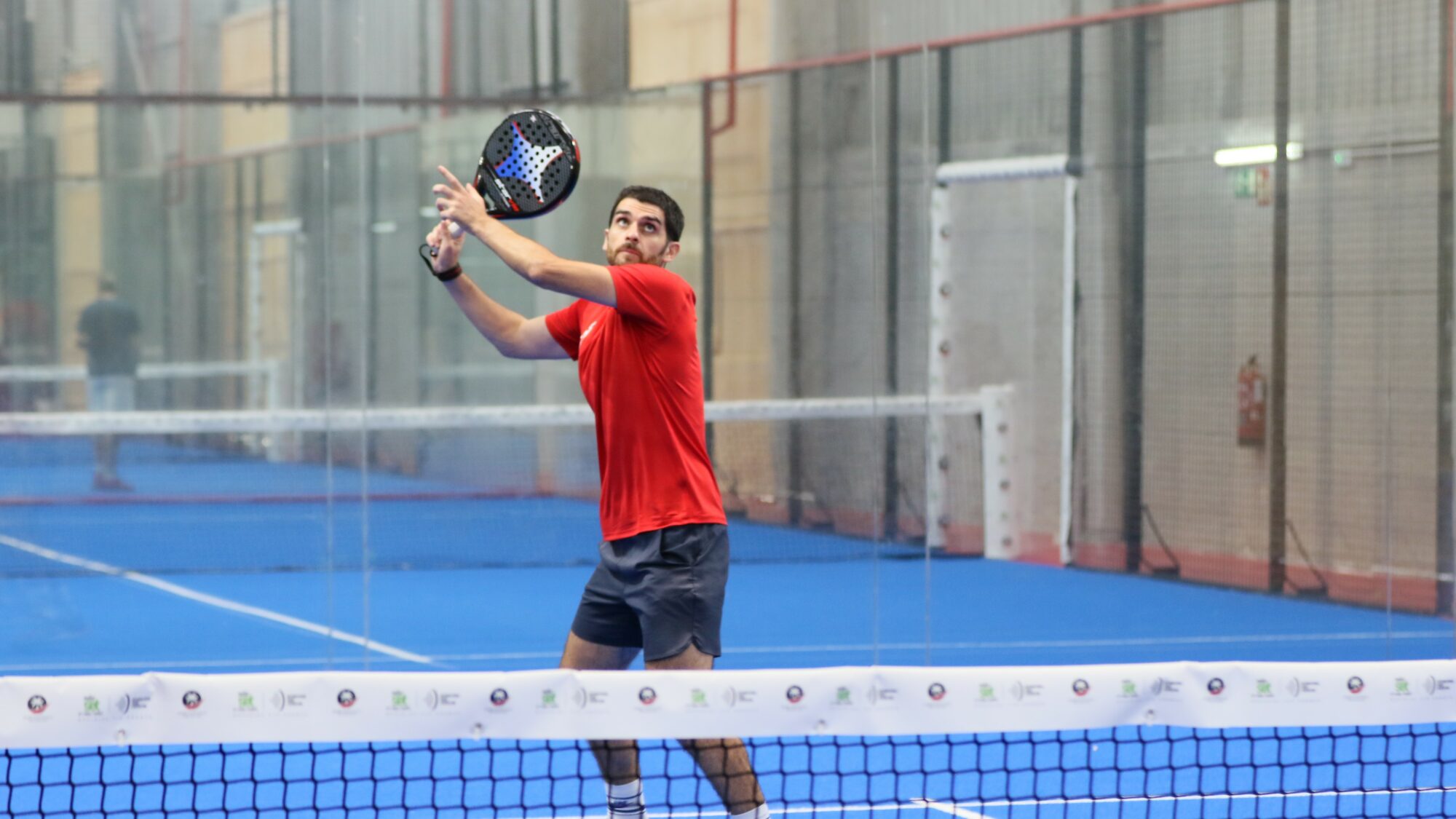 At the heart of padel – Episode 25: Paul and Andoni answer your questions
At the heart of padel – Episode 25: Paul and Andoni answer your questions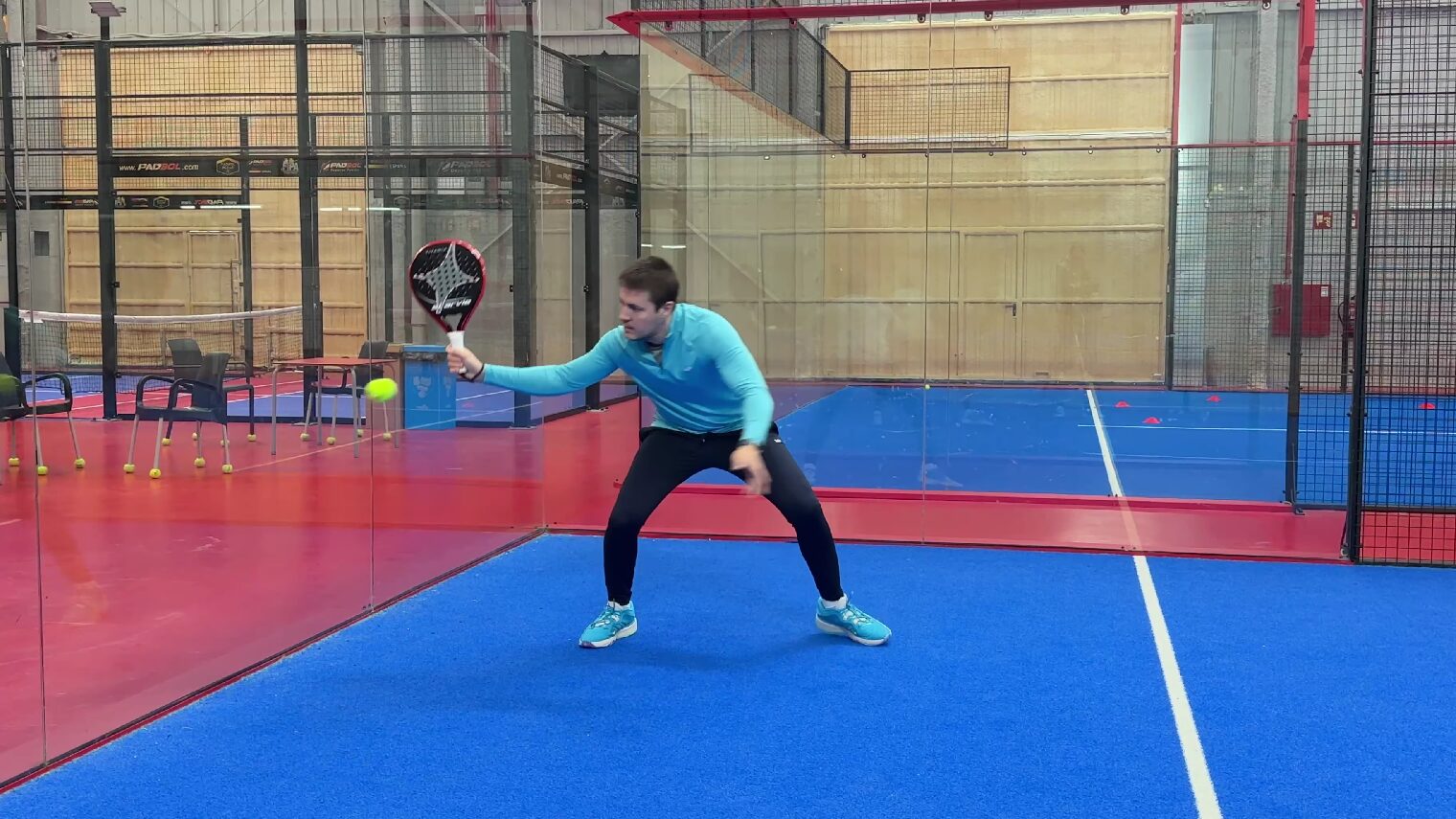 At the heart of padel – Episode 23: defend the window well
At the heart of padel – Episode 23: defend the window well Prohibition on playing topless Padel : the reasons
Prohibition on playing topless Padel : the reasons FIP Tour – Going far from Europe, THE strategy to earn points!
FIP Tour – Going far from Europe, THE strategy to earn points!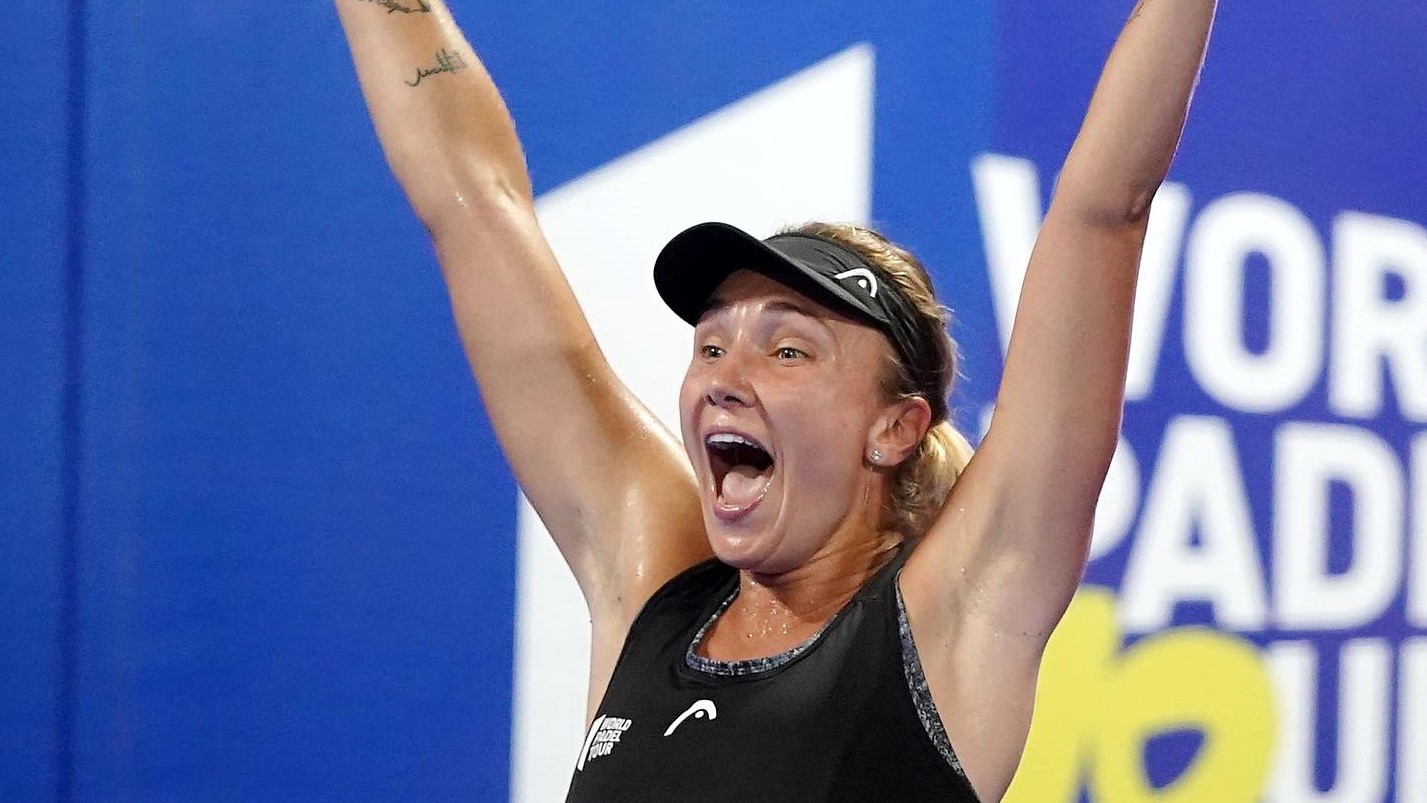 What is a good football player? padel ?
What is a good football player? padel ? “Lefties give me headaches when I play against them!”
“Lefties give me headaches when I play against them!”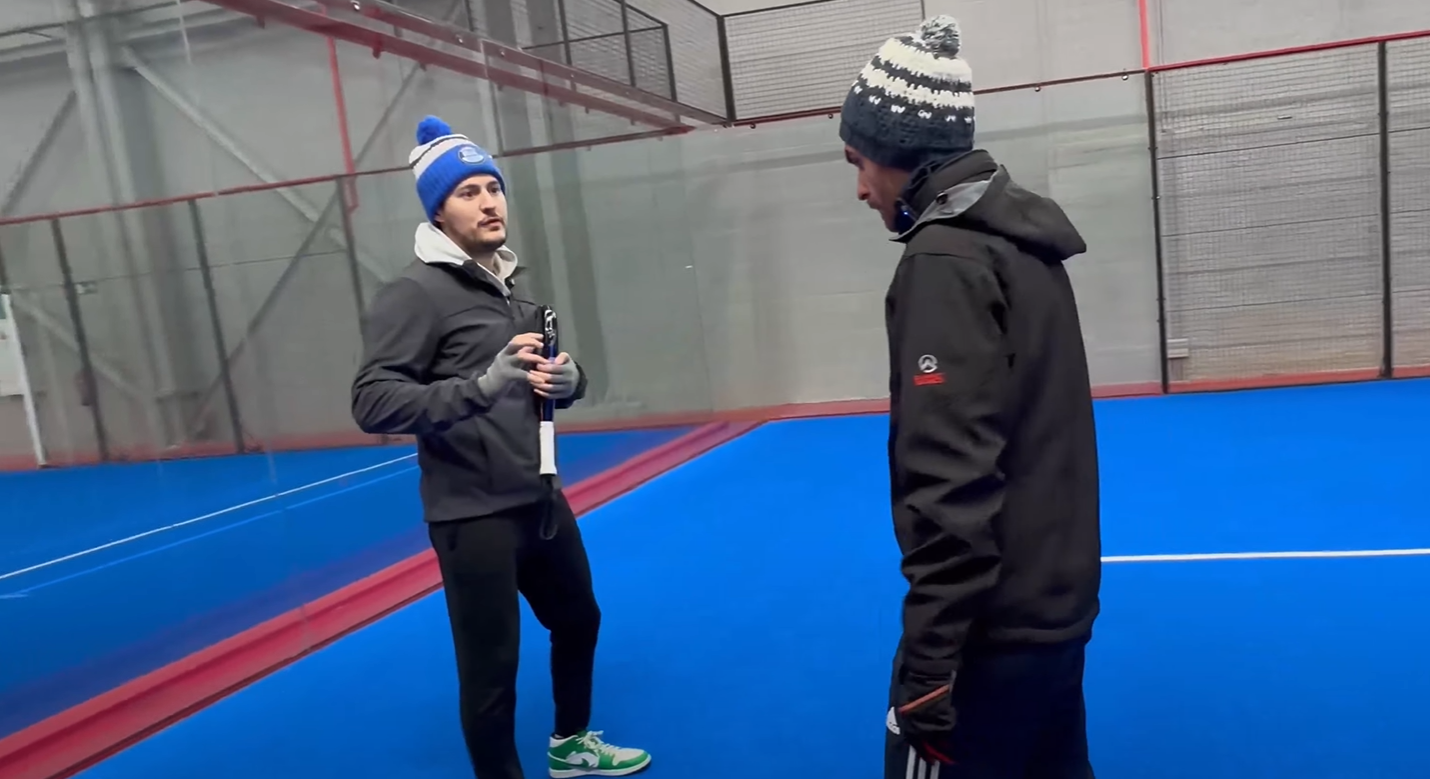 At the heart of padel – Episode 14: how to earn points in winter?
At the heart of padel – Episode 14: how to earn points in winter?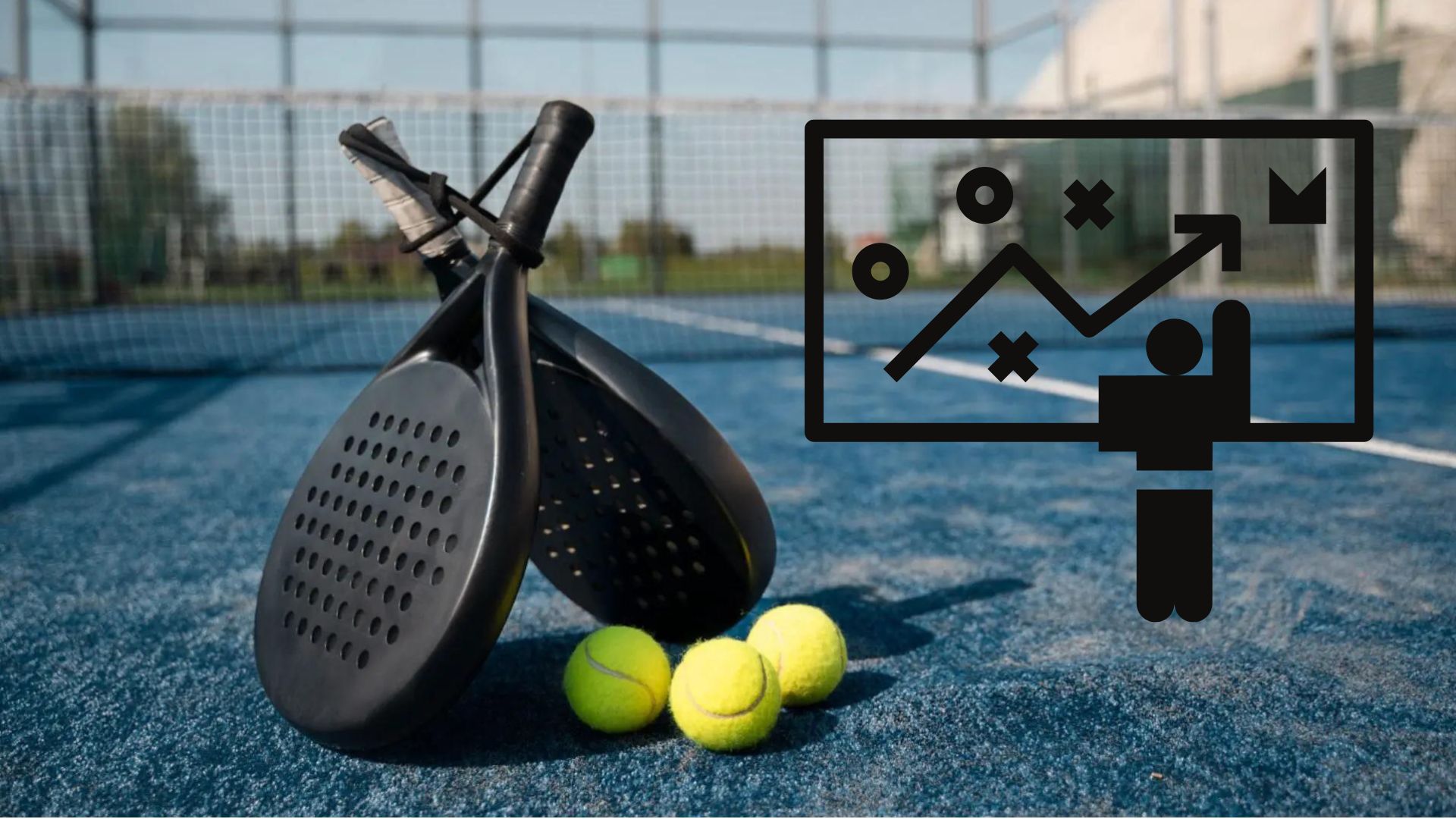 The basic tactics of padel
The basic tactics of padel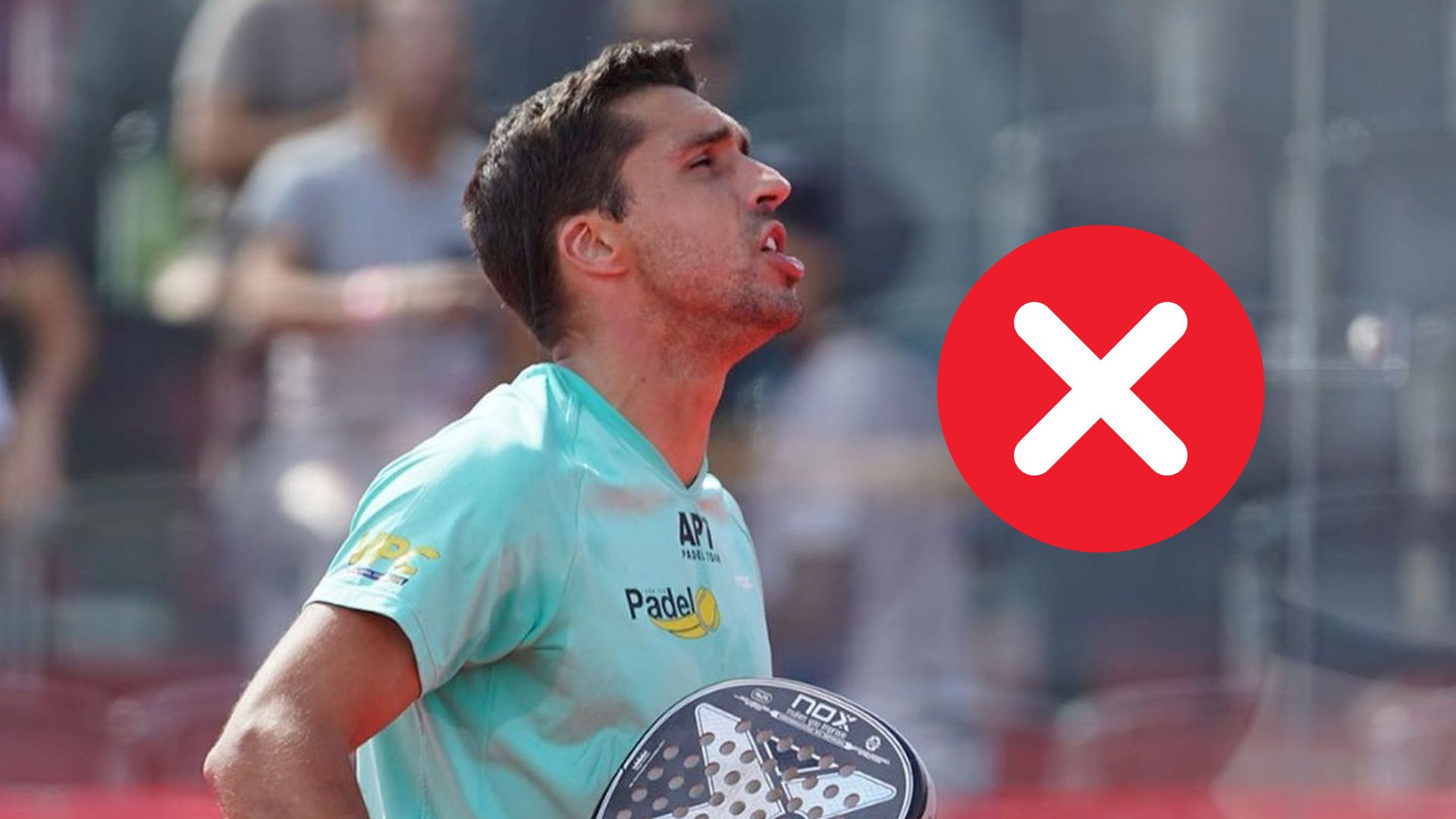 A par 4 is always a winner...even if you manage to defend it!
A par 4 is always a winner...even if you manage to defend it!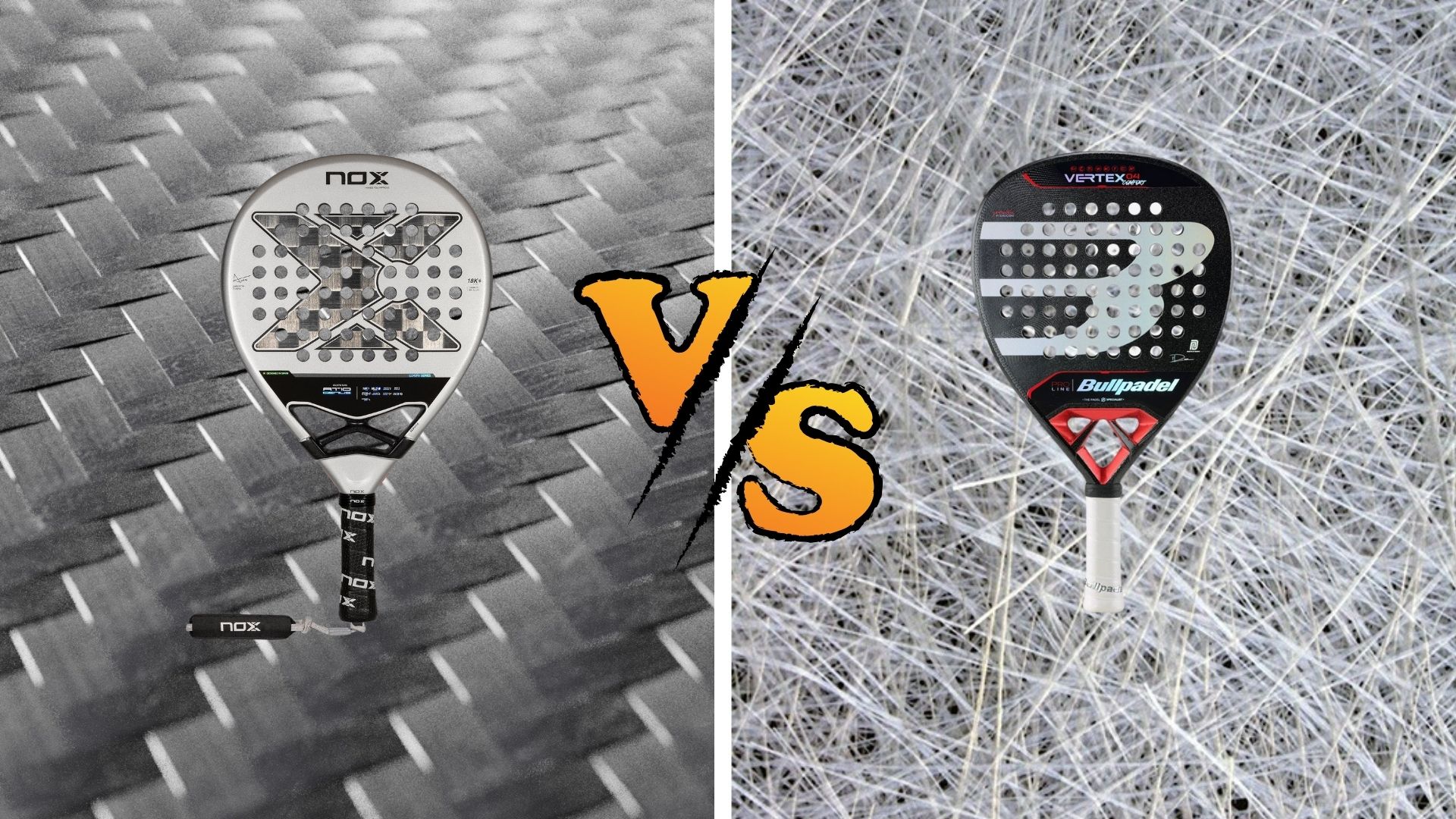 Carbon fiber VS fiberglass: what to choose?
Carbon fiber VS fiberglass: what to choose?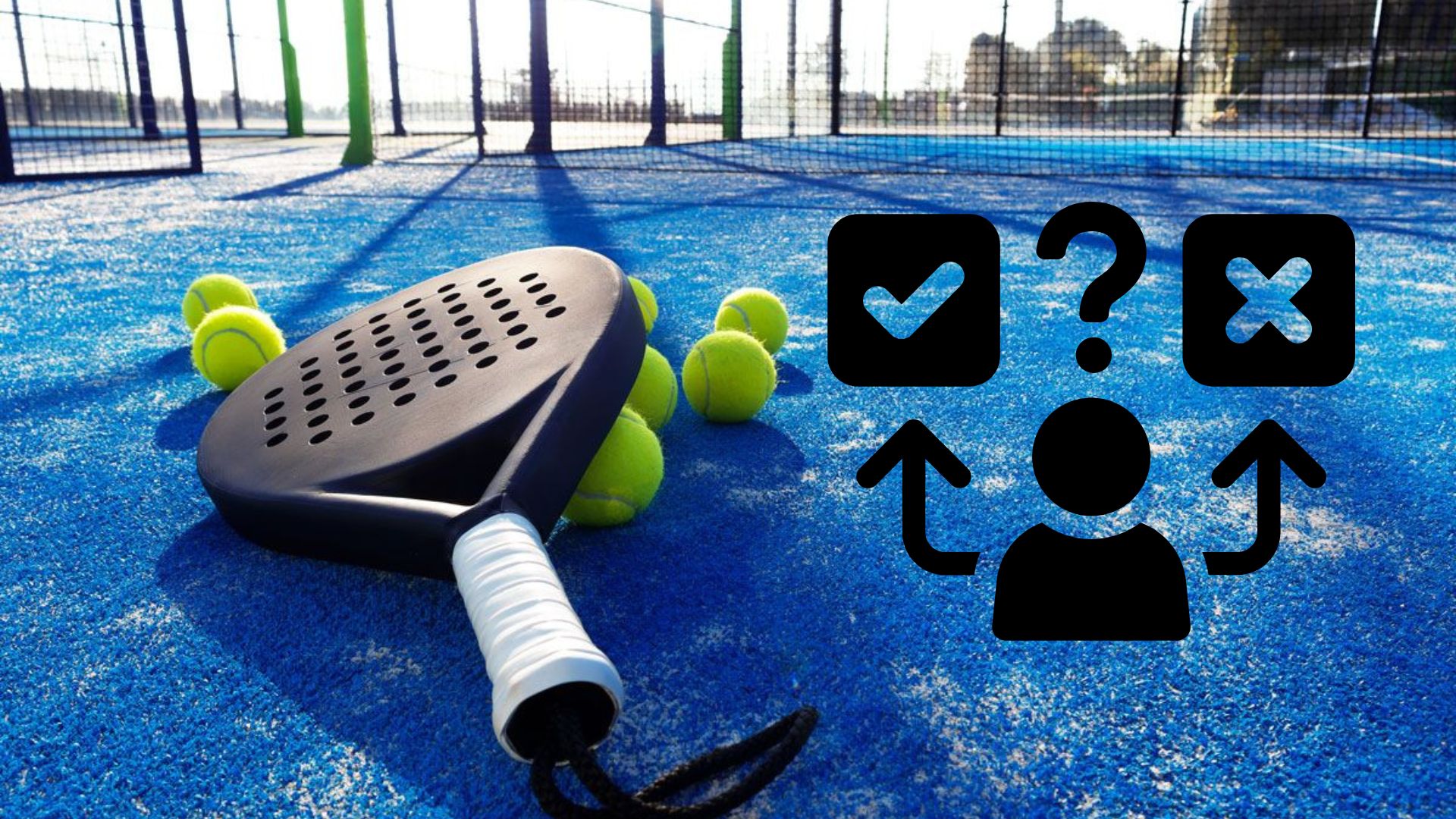 How to effectively test a racket padel ?
How to effectively test a racket padel ?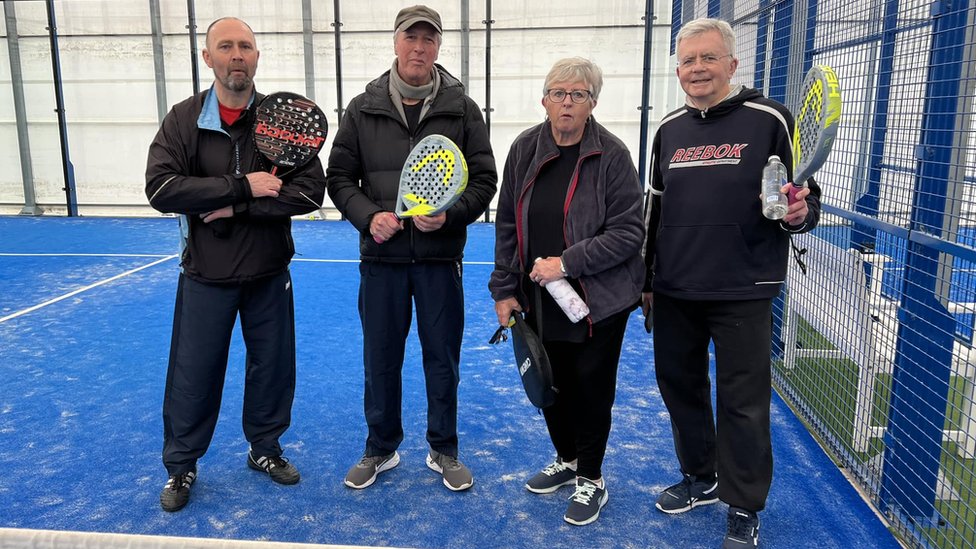 La padel to fight Parkinson's disease
La padel to fight Parkinson's disease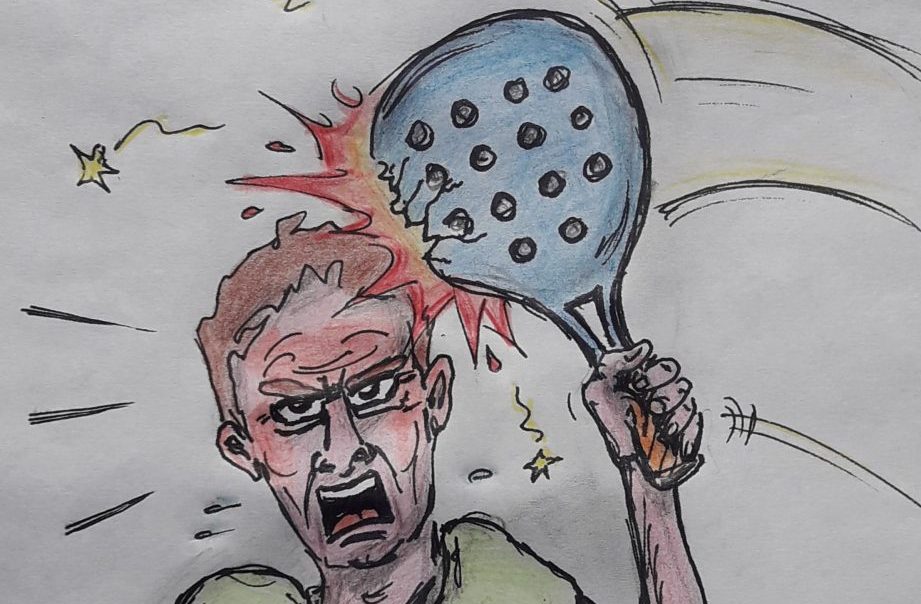 Don't play with a cracked or broken racket, your body will thank you!
Don't play with a cracked or broken racket, your body will thank you! Michel Cymes: “The padel, physically, it’s serious!”
Michel Cymes: “The padel, physically, it’s serious!” Our Top 10 training courses padel in France and Europe
Our Top 10 training courses padel in France and Europe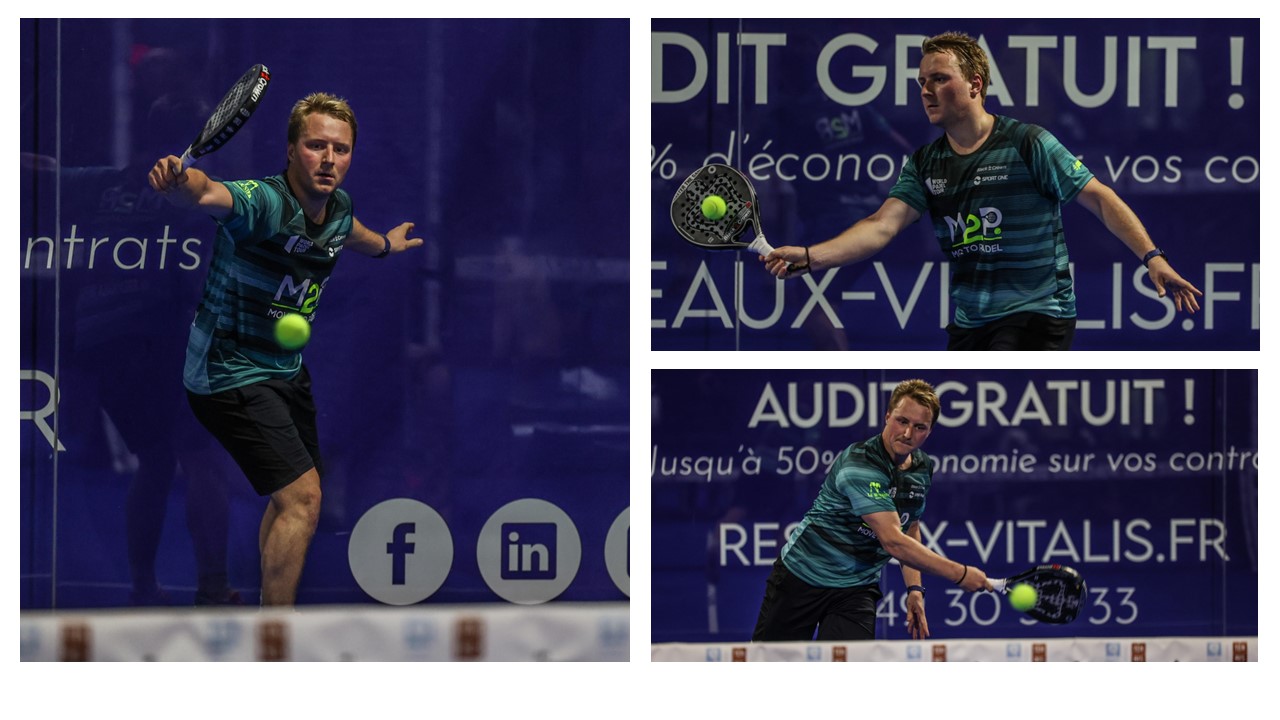 Jeremy Gala: “Promote the padel among young people in Belgium remains a challenge”
Jeremy Gala: “Promote the padel among young people in Belgium remains a challenge” The French Touch Academy organizes its selection day Padel-Study
The French Touch Academy organizes its selection day Padel-Study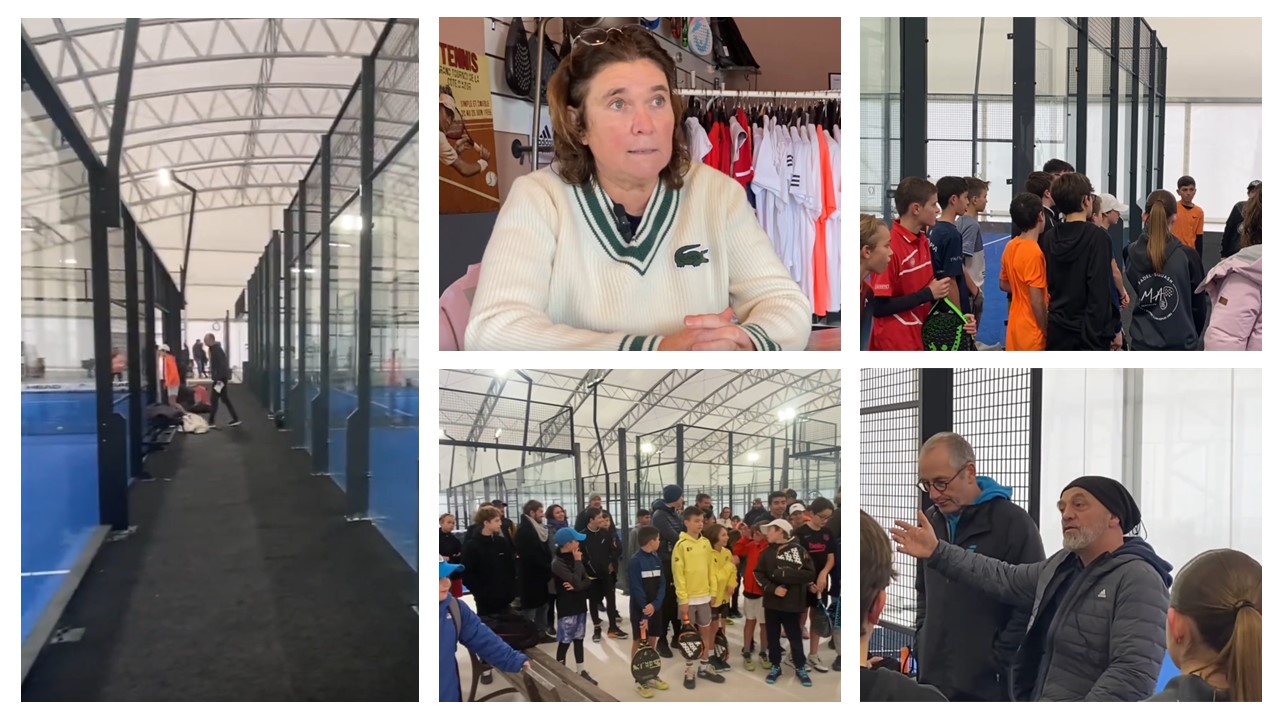 Report on the detection and training of younger generations
Report on the detection and training of younger generations